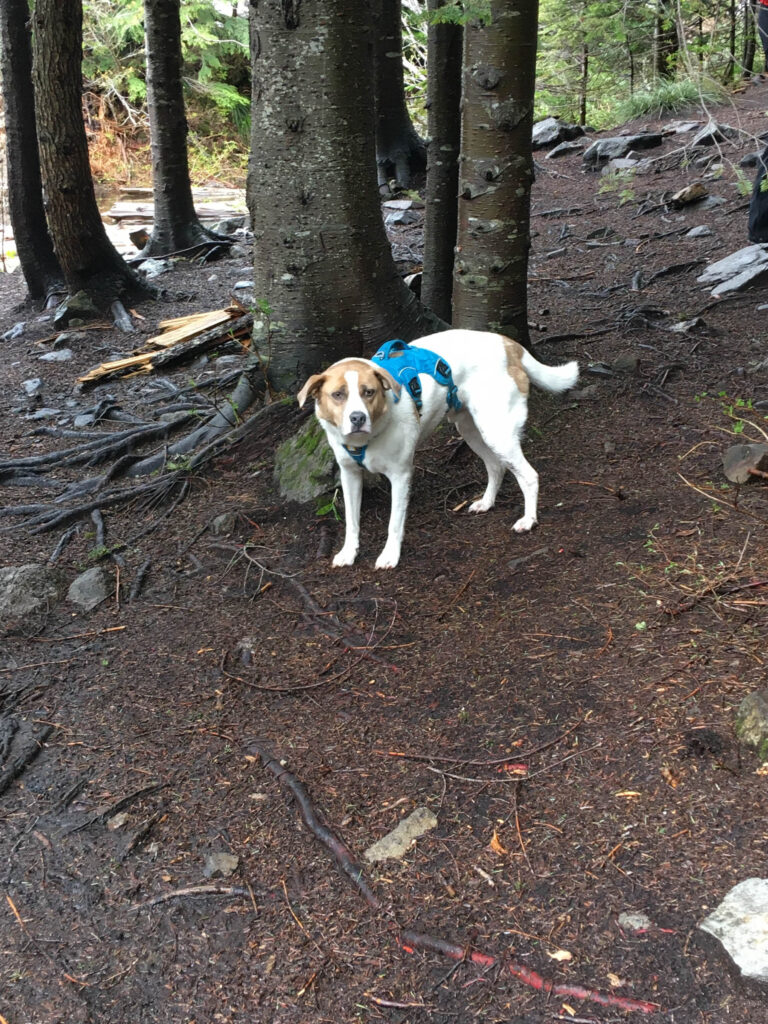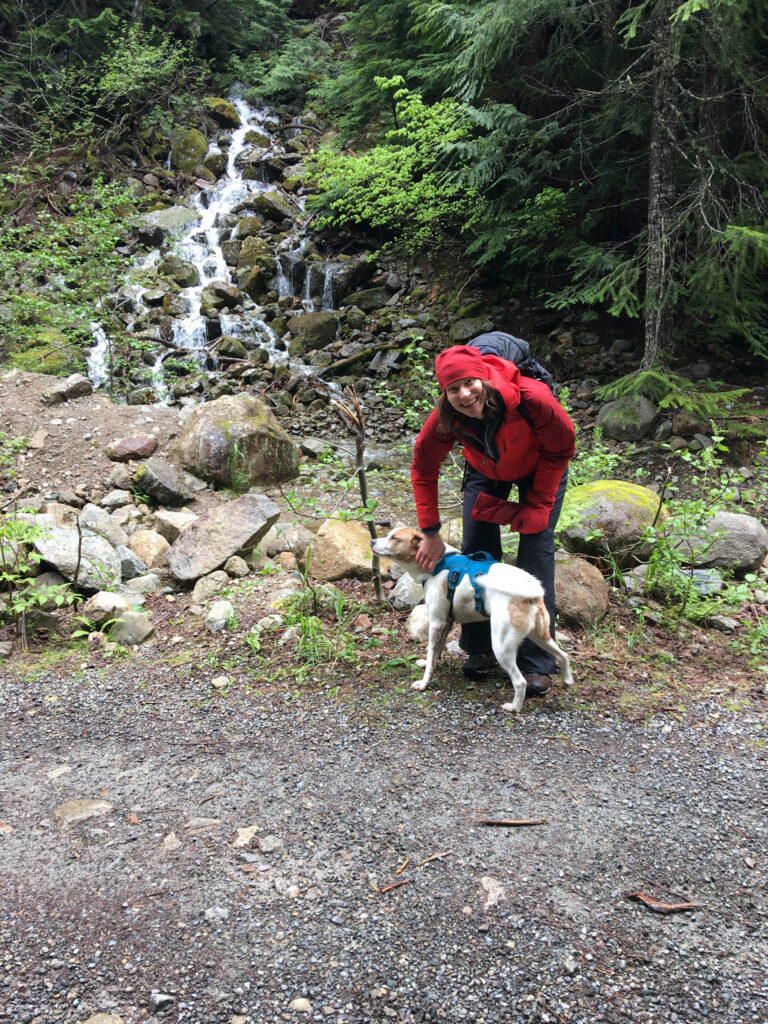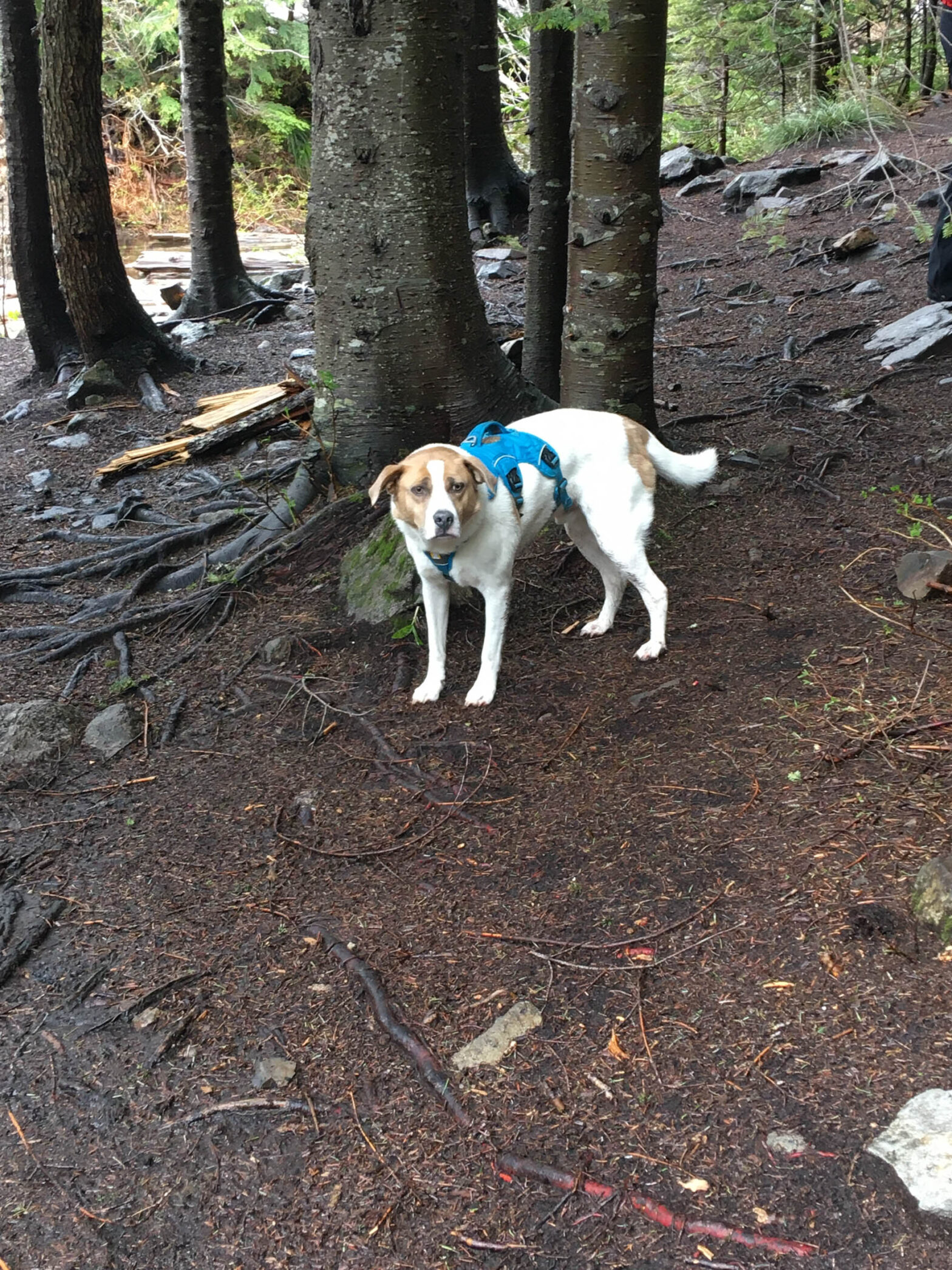Last week I shared a blog post about getting massive leverage on ourselves. Below, I share a journaling technique that helped me get through the first week of breaking an old habit. The exercise may seem esoteric or woo-woo, but it has helped me tap into wisdom I never knew I had. It has made for a few memorable journal entries over the past decade. It can help you reign in your inner critic and understand how that voice in your head is trying to help.

Inviting Your Inner Critic
You don’t need to be a writer to take advantage of this technique. Every person is creative. (I was even secretary for three years for a writer’s group in Edmonds with that name, EPIC Group Writers.) If you already are a writer or have toyed with keeping a journal at any point, you may take to this naturally.
All you need are some colored markers, pencils, or ink pens, and some paper, bound in a journal or loose is up to you. You may find it more fun to do this by hand rather than on a computer, and the paper can be lined or unlined if you want to doodle, draw, or even scrapbook.

Find a comfortable place where you can relax and get curious, preferably someplace you won’t be disturbed for at least ten or fifteen minutes. That could be in your parked car, on a bench in a green space, on a trail in the mountains, on a towel on a beach, or curled up in your bedroom. Someplace comfortable, soothing, familiar.
Finally, have some issue in mind that has you conflicted. In my case, on day eight of “Operation Stifle Sweet-tooth”, my inner critic spoke up, demanding chocolate. The very day I was scheduled to visit Annette Lake with a friend. I’d signed a contract with myself that if I had any chocolate at any point before my hike, I would have to cancel with my hiking partner. What could I do?

Meet Gooky, My Inner Critic
Many years ago, I playfully named my inner critic “Gooky”, a cross between “gremlin” and “cookie.” She’s a little green gremlin that perches on my left shoulder and, as close as I can tell, she’s me at age six — a whiner who wants sweets all the time, who wants to skip exercise and read all day, and who loves to laugh but can’t tell a joke to save her life — blended with the harshest critic imaginable.
You know the type. We all have one. Gooky insists that I will never amount to much as a writer, that everything I put out into the world is garbage, that I don’t know what I’m talking about, and that being sugar-free and gluten-free is totally boring, painful, and stupid.
Have you named yours yet? Try it. Befriend them. It’s a hoot.
Instead of giving in, I pulled out a writing technique I used about a decade ago when I suffered from plantar fasciitis. Right after our previous dog, Emily, died, I dialogued with five body parts clamoring for attention. A veritable cacophony.
This time was much simpler, just me and Gooky. Gooky’s words usually get green ink. My calm, in-control, adult self gets purple.

While I won’t include the entire exchange, a portion is below. The key to using this technique is to listen closely and try to understand the other voice, almost like you’re facing them in the opposite chair.
The Dialogue Begins
ME: Okay, Gooky, I hear that you’re asking for chocolate before today’s hike. We talked about this. Remember the pact we made, that if we went for a whole week, we’d get to hike with our friend today?
G: Yup. We did it. Bring chocolate.
ME: But then I have to show that awful picture on my blog, because the entire commitment was until July 31.
G: Then bring the Whoop strap.

Encountering Surprises
This comment Gooky made through my pen had me puzzled. What on earth do a biometric device and chocolate have in common, and why did my inner critic want data about the hike? So, I asked.
ME: What, exactly, do you want?
G: Proof.
Again, I remained clueless. I didn’t know where these thoughts were coming from. I asked again.
ME: I don’t understand. Can you explain more?
G: Proof that we’re still awesome. I need a reward.

Aha. My six-year-old self equated eating chocolate with awesome fun and worry-free times, and she equated the Whoop with our many hikes the past two years where we went farther, faster, higher. She saw chocolate and positive biometric feedback as rewards for hard work. Suddenly, I realized what this was about. It was NOT about the chocolate. It never was.
Ending an Exchange
ME: (gently) We are awesome. We don’t need proof. Isn’t hiking with a friend reward enough?
G: You always share too much.
ME: Only with people I trust, who won’t betray my confidence. And with you. You’re a part of me. You’ve been a big help in the past. But I need to let go of some of the habits that don’t help us anymore, so we can move on to the next level. But I know you’re always there when I need you. Okay?
By her silence, I knew I had appeased the critic. I proceeded to the car — without chocolate — and had a wonderful time with my hiking buddy. As Gooky’s “reward” I took mixed nuts with a few dates and some string cheese so she wouldn’t get hungry in the car. She has been silent since Tuesday.

Take-Away Messages
I certainly don’t suggest sharing your dialogues with the world as I am doing. I am not schizophrenic but yes, I do hear a voice in my head. My dialogue was a perfect illustration of how this technique works and what one might learn using it. Consider checking back in with yours periodically to see what insights you gain.
If you prefer talking out loud to writing, place a chair in front of you and physically switch seats back and forth as you dialogue with your inner critic. Some actors and writers use this exercise to “get into a role.” Do whatever allows you to tap into the most authentic you.
But most importantly, have fun with it. Befriend it. Understand it. Your inner critic is trying its very best to protect you with the tools at its disposal. The more you can listen, the more you can move forward with everyone on board instead of at odds.


What an interesting technique to try and understand better what “is behind” that Inner Critic’s voice! And this advice comes at an important time; I just completed a mid-range “rehearsal” of my longer/harder August outdoors adventure… and it is time to go back to a daily workout routine to maintain a proper level of fitness. My inner critic has some VERY strong feelings and opinions about that. I decided to try and use your advice to have a dialog with my nervous and worried companion. Sure enough, it did feel a little funny to try and put down this “interaction” but, even for a first time, it yielded some useful insights. For example, K (let’s call the critic by that “name”) always speaks in a voice that say “I” while, when it is “me” who talks, I say “we”. There is some “food for thoughts” in that observation I believe. Also, what K had to say is obviously not new to me as most of K’s complaints and worries are what makes “me” struggle with letting go of bad habits, or commit to new/better ones; however, hearing K as a separate voice made it easier to listen to him and feel compassion toward him. One “conversation” will not do away with my “struggles”, but having one more way to try and help me make progress is nothing to take lightly. Now it you will excuse me.. K is insisting that we need to talk urgently as I seem to be going down a dangerous path with this “journaling” 🙂
Hi Gerard, I am delighted to hear that you had some success even within your very first attempt with dialoguing with your inner critic!! That’s so awesome!!
It will be interesting to hear what you learn from K and that deep inner wisdom we have if we LISTEN. I simply love that it helps you be more compassionate toward that part of yourself. Win! Gain! Keep on rocking it!
Great article, Courtenay. Quitting sugar is a very challenging goal. Almost impossible. I am trying and I am always back to square one. Maybe changing my goal to substantially decrease sugar will be more attainable. Yes, my inner voice can be pretty strong and nasty some days…I won’t giving up, maybe I need to think at different rewards.😳
Thanks for the comment, Silvie Marie! Yes, our ideas of “rewards” are really quite arbitrary — if we can change them from things that are less desirable (i.e. predominantly sugar) just one step better (frozen fruit, for example) we can make headway toward the final destination. And “decreasing consumption” is certainly worthwhile and valuable. Just take it one step at a time. Most importantly, recognize that we are only human, we make mistakes, and we need to have self-compassion; but getting back up and trying again and again until we reach that final goal? Persistence pays! Good luck.